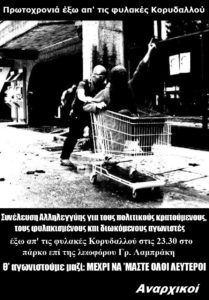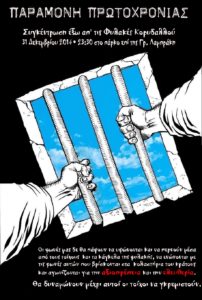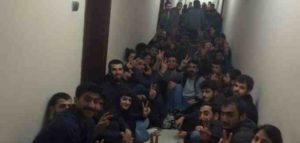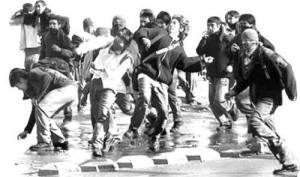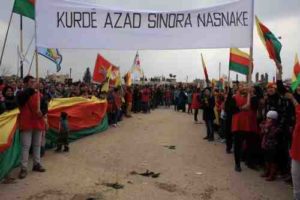Text “In Rojava: People’s War is not Class War”, which you can read below, represents a contribution of “Internationalist Communist Tendency” (ICT) to a debate that has been taking place in certain circles claiming “anti-capitalist struggle” since several weeks. The central points of this discussion are current events in Western Kurdistan, Rojava.
Even if we generally don’t agree with the ideological corpus of ICT (despite some programmatic positions and references in common), we nevertheless decided to publish here this text and to translate it in Czech and in French from the original English version because we share the defence of internationalist positions expressed in it. State is not merely a structure of government, police, army and administrative apparatus, State, as the communist movement grasps it, is a social relation, materialization of capitalist world order, no matter whether its legitimacy is based on parliament or community assemblies. If therefore PKK and its PYD’s henchmen claim that they do not seek to create a State, it is just because in reality they already – due to their role, practical and ideological, they play in Rojava – represent the State. This is what some of PKK’s partisans call quite rightly “a State without a State”, i.e. a State that doesn’t necessarily territorialize as a Nation-State, but which ultimately really constitutes a State in the sense that capitalist social relations, private property, are not fundamentally challenged.
Continue reading In Rojava: People’s War is not Class War (en/fr)

